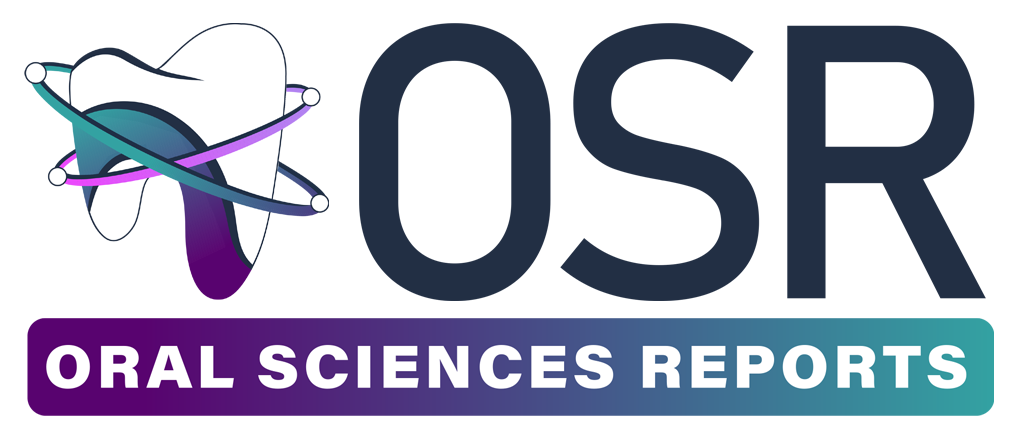Chiang Mai University’s Faculty of Dentistry publishes academic research articles in the newly titled journal, Oral Sciences Reports, previously known as the Chiang Mai Dental Journal (CMDJ), ISSN: 2822-0544 (Online). The journal was originally established in 1977 by the Faculty of Dentistry at Chiang Mai University to publish academic research articles. In the current publication, editors and experts in their respective fields review articles submitted by authors before publication to ensure that the content of all articles is up-to-date, universally relevant, logical, and in accordance with academic principles. This review process allows readers to apply the knowledge gained and cite works for the advancement of dentistry, benefitting both future research and patient care. The journal is scheduled to be published three times a year: January-April, May-August, and September-December.
The new web-based version of the journal begins with Volume 44, Issue 3, where the former CMDJ concluded. Oral Sciences Reports now accepts all submissions through an online journal review system, which also allows reviewers and researchers to access all current and past published articles.
Journal Abbreviation : Oral Sci Rep
Current Format Status : Electronic
Language : English
Publication Fees: The journal does not require authors to pay any fees to publish their articles.
Editor-in-Chief
Professor Anak Iamaroon, Chiang Mai University, Chiang Mai, Thailand
View editorial board click here











